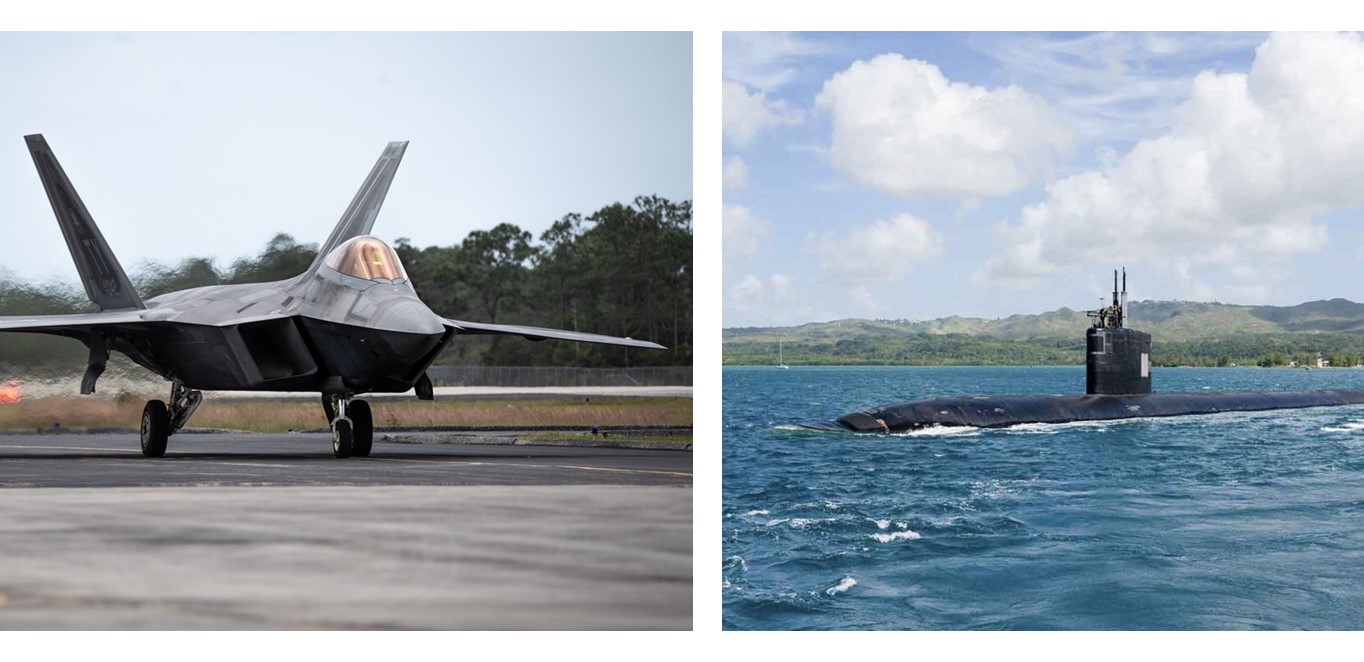
UConn has secured an additional $10.5 million contract from the U.S. Air Force Research Laboratory (AFRL) to support its aerospace manufacturing research, bringing total project funding close to $30 million. This partnership focuses on overcoming manufacturing challenges in aerial systems designed for high speeds and altitudes. Seven faculty members, along with graduate and post-graduate students, will tackle welding-related issues and develop advanced high-temperature materials. These interdisciplinary projects span material science, mechanical engineering, civil engineering, and chemistry.
Professor Rainer Hebert, the primary investigator and Director of the Pratt & Whitney Additive Manufacturing Center, emphasized the value of integrating government, industry, and academia in research. UConn’s collaboration with AFRL, which began in 2018, involves major industry partners like Raytheon, Pratt & Whitney, and Collins Aerospace. This partnership has sharpened UConn’s focus on application-relevant research, distinguishing their work from industry projects constrained by production schedules.
The new grant will fund a four-year research project combining experimental and theoretical approaches to advance materials for RTX, formerly Raytheon. Research will explore the behavior of non-metallic, high-temperature materials and additive manufacturing of refractory metals. Additionally, the project will investigate the design and processing of metamaterials capable of modifying heat and electromagnetic fields for improved thermal management.
This continued collaboration underscores UConn’s role as a valuable partner to AFRL and key industry players, driving advancements in aerospace technology and contributing to Connecticut’s economy. Faculty members who will work on projects covered through the $10.5 million contract include Mark Aindow, Pamir Alpay, Osama Bilal, Lesley Frame, Jeongho Kim, Rainer Hebert, and Steven Suib.
Click here for more information about the AFRL project funding.
 The
The